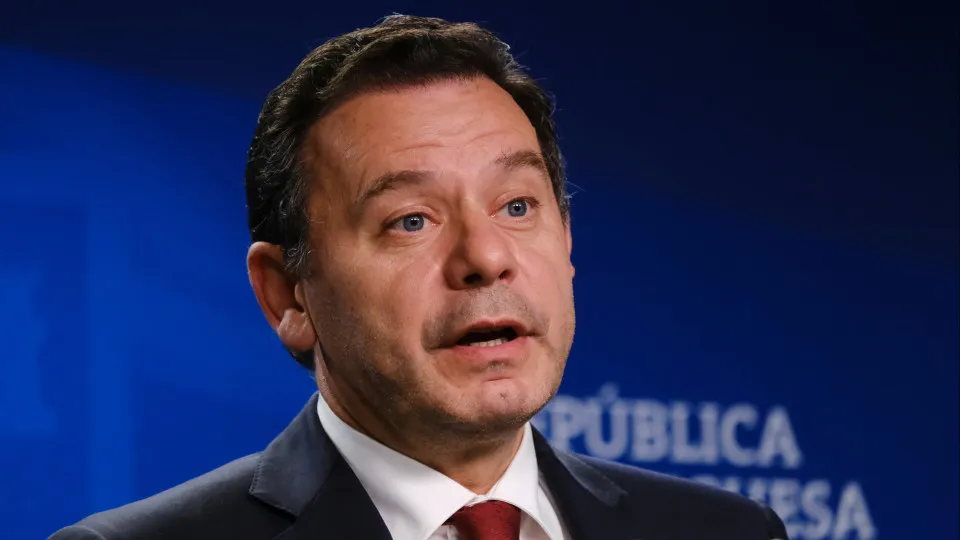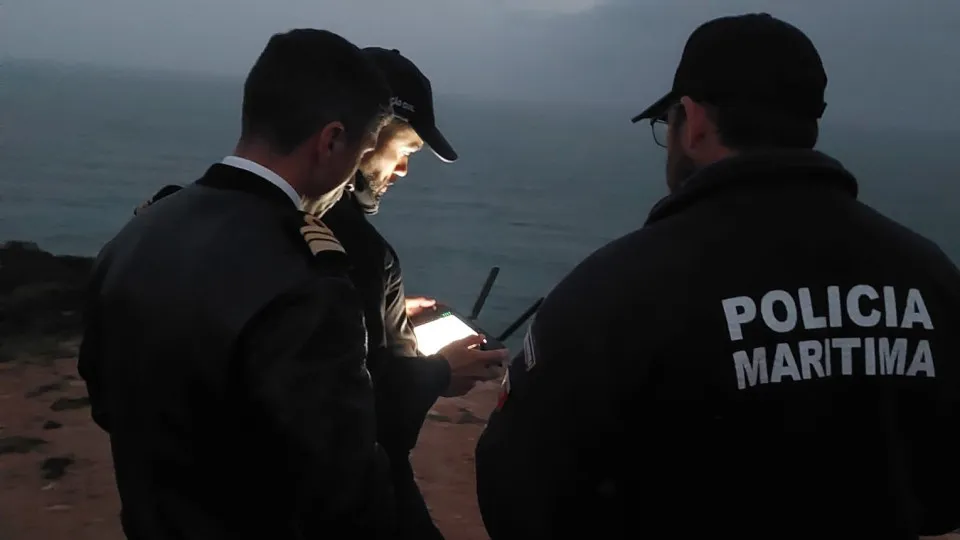
“A COP30 allowed us to take concrete steps in a particularly challenging international context. Portugal actively contributed to the approval of essential decisions — from collective actions to global adaptation indicators — ensuring that the Paris Agreement remains alive, operational, and oriented towards a 1.5°C limit,” declared the minister, according to a statement released by her Ministry.
Maria da Graça Carvalho stated that “Portugal was a country of solutions, cooperation, and ambition at COP30.”
The statement noted that Portugal left COP30 “with significant results, a strong cultural presence, and a concrete example of cooperation and negotiation capability.”
“The Climate Summit confirmed the national commitment to climate action and reinforced Portugal’s position as a bridge-builder — in diplomacy, science, climate, and the Portuguese-speaking world,” the document indicated.
During the leaders’ summit that preceded COP30, Portugal, represented by Prime Minister Luís Montenegro, was the first European Union (EU) country to announce a financial contribution to the Forest Fund, an initiative created by Brazilian President Luiz Inácio Lula da Silva.
The central political text of COP30 reaffirmed that the global transition to low-emission development is irreversible and that the Paris Agreement “is working,” although it is necessary to move “further and faster.”
Furthermore, the Global Implementation Accelerator was launched to assist countries in adapting to climate change policies, and a call was made for strengthened international mobilization to accelerate Nationally Determined Contributions (NDCs) aligned with the 1.5°C limit.
In the technology sector, COP30 approved the new Technology Implementation Program (TIP), aligned with the Paris Agreement and aimed at accelerating technology transfer to support the ambition of limiting global warming to 1.5°C. The program will be funded by the Global Environment Facility (GEF) and the Green Climate Fund (GCF) and will be operational until 2034.
The minister Maria da Graça Carvalho played a decisive role here, acting as the European Union negotiator in this matter on behalf of the 27 Member States, directly contributing to an agreement that strengthens international cooperation and climate innovation.
Despite negotiation difficulties, the texts were approved by the 195 countries present, ensuring concrete advances and preserving the minimum ambition necessary to keep the 1.5°C trajectory alive [for the increase in global average temperature above pre-industrial levels].
For the Minister of Environment and Energy, “the Portugal Pavilion became one of the most vibrant, sought-after, and recognized spaces at COP30. Portuguese culture, science, companies, and the Portuguese-speaking community found there a daily meeting point — and, in the last days, also a space of solidarity, hosting the Brazilian authorities during the fire.”
On the penultimate day of COP30, the fire that reached the pavilion area, near the Portuguese representation, led to the activation of an emergency plan by the Brazilian authorities. The pavilion was then requisitioned by local authorities to function as an operational headquarters and as an access control point to the area affected by the fire.
Portugal fully collaborated, ensuring conditions for the work of Brazilian civil protection teams and demonstrating, in practice, the spirit of solidarity and responsibility that marked its entire participation in COP30, according to the statement.




